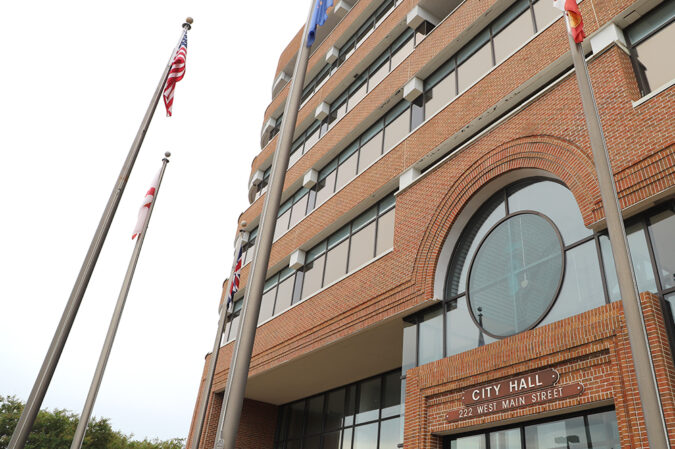
Pensacola Likely to Entertain Five Revisions
By Jeremy Morrison, Inweekly
Pensacola’s city charter is up for review this year, and the Pensacola City Council is nearly done deciding which potential charter revisions will be put before city voters this November.
Potential charter revisions have been shaped into five ballot questions, to which the city council gave an initial first-reading nod during a July 28 meeting; a second-reading approval is needed before placing the questions on the ballot. Each ballot question addresses a proposed municipal ordinance, with each ordinance covering territory, including the salaries of city council members and the safeguarding of certain city positions, as well as more mundane matters, such as cleaning up language in the charter.
While the city council, as well as the Charter Review Commission before them, steered away from addressing what would have amounted to a municipal overhaul in assessing any movement away from the executive-centric, strong-mayor form of government put in place during the previous charter review process a decade ago, one potential charter revision on the table does seek to address the potential for executive overreach by ensuring that neither the mayor nor council can hire or fire any employees working under the city clerk or city attorney.
This particular revision—which voters will likely see as Question 2 on their ballot—vests the power to hire and fire employees working for the city clerk or attorney with those department heads. The measure is meant to ensure that these independent offices—the heads of which must be approved by both the mayor and council—cannot be interfered with.
Like most ballot questions, the council approved their inclusion unanimously. The only potential charter revision that did not receive unanimous support pertained to city council members’ salaries. That revision would result in city council members’ salaries being based on a state formula instead of being set by the city council. Councilwoman Sherri Myers voted against the ballot question because it did not specify how much salary such a move would result in.
“I’m not going to vote for this because people are not going to have any idea of the impact of this, how much council salaries will go up,” Myers said. “There’s nothing in the ordinance that would put people on notice as to the impact of this.”
Within the proposed ordinance itself, a specific dollar amount is cited. The state formula, the same formula used to calculate school board members’ salaries and one that considers population size, would currently result in an annual salary of $31,807.89; this would be an increase of about ten grand.
Other charter revisions that the city council will likely put before the voters in the form of ballot questions pertain to changes in the process to repeal an ordinance or recall an elected official; seek to reduce the filing fees and percentage of petition signatures candidates need to get placed on the ballot; and also some housekeeping-type issues, such as deleting outdated language associated with the original charter and adding language to the charter’s preamble that states that the city will strive to promote “equal opportunity and equity based on the broad cultural diversity of the city and inclusiveness that focuses on justice, equality, equity and environmental stewardship.”
A review process of Pensacola’s municipal charter occurs every 10 years. This current process began earlier this year with the convening of the Charter Review Commission, which spent months considering various revisions to the charter.
While the previous charter review process resulted in the notable shift from a council-manager form of government to the strong mayor model, this review process resulted in more subtle tweaks.
While voters will not see them on the ballot, various other revisions were entertained, with some making it into the CRC’s list of recommendations only to be ultimately rejected by the city council. Such changes included requiring municipal utility feasibility studies before long-term contracts and limiting mayors to two consecutive terms.



